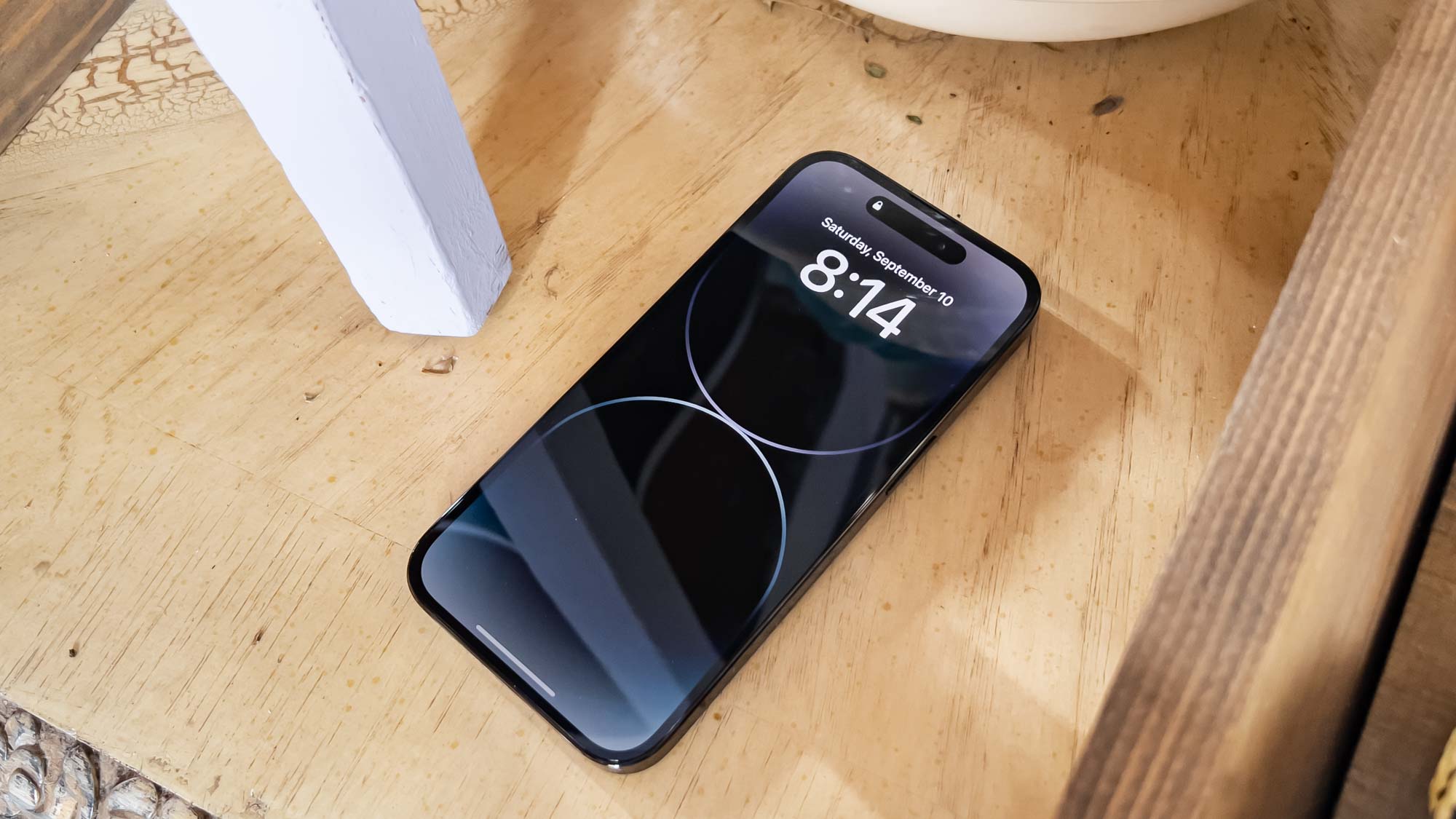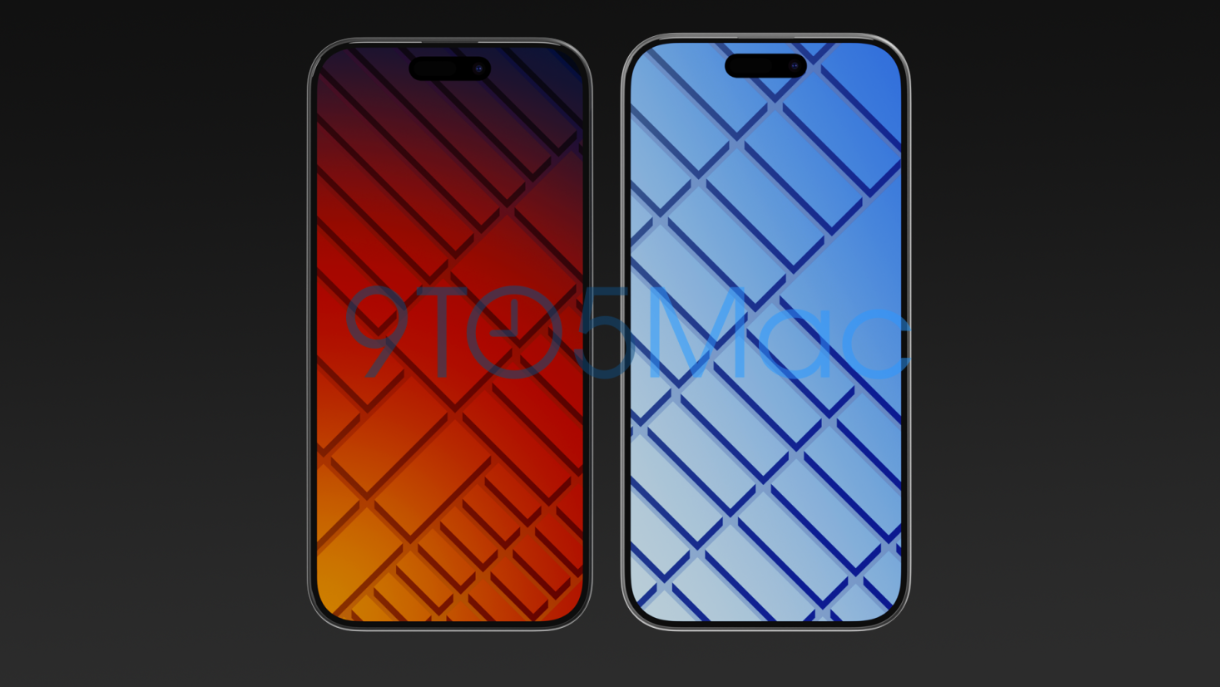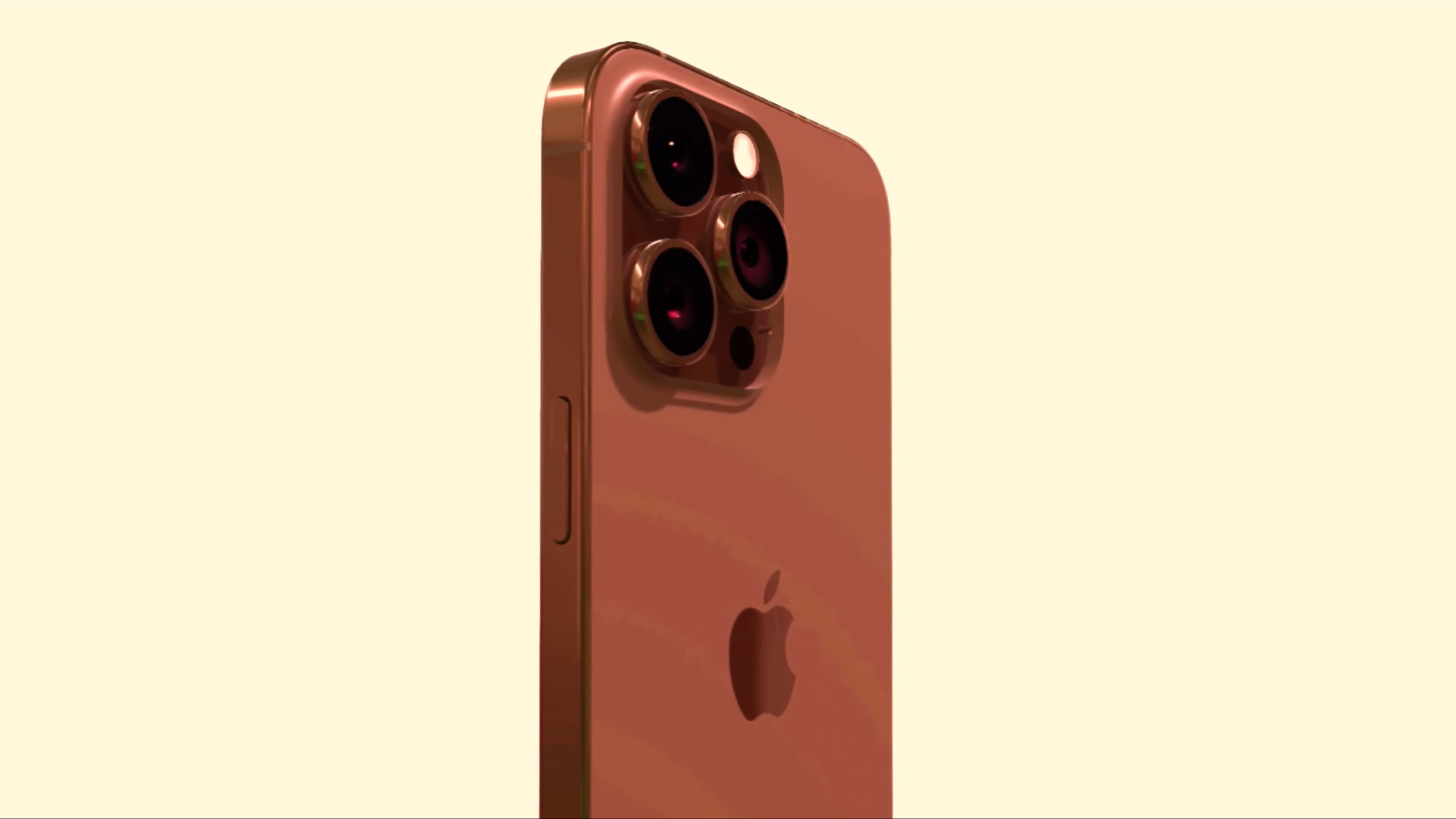
We're crossing our fingers that we see an iPhone 15 always-on display when the new iPhones launch later this year, but it unfortunately still looks unlikely.
One of the newest features to arrive on the iPhone, the always-on display came to the iPhone last year for the first time. And while we're expecting the iPhone 15 Pro and iPhone 15 Pro Max to be AOD-ready, Apple's cheaper models are thought to not be receiving the necessary screen upgrades to make it possible.
While rumors on this particular topic are thin, we've rounded up all the information we have on the iPhone 15's always-on display for you to peruse right here.
The always-on display on iPhone 14 Pro
As it stands with today's iPhones, the always-on display is available on the iPhone 14 Pro and iPhone 14 Pro Max, the first iPhone models to ever offer this feature. These weren't Apple's first ever products with AOD capabilities though — that honor goes to the Apple Watch.

When your phone is locked, these iPhones will show a simplified version of your lock screen, including your wallpaper, notificifications, clock and widgets. Tapping the display then transitions the AOD back to your lock screen so you can interact with the iPhone normally.
You can adjust this appearance in the Settings menu, such as by blacking out your wallpaper or just turning the always-on display off entirely, as well as have it behave differently depending on the Focus Mode you've selected.
What about the iPhone 15?

There are no rumors yet on how this feature will expand for the iPhone 15 series, so we'd have to imagine that it will again be exclusive for the iPhone 15 Pro and iPhone 15 Pro Max.
This is unsurprising since we're also hearing there will be no 120Hz, LTPO displays on the standard and Plus models until 2025. An LTPO screen, and the variable refresh rate that it enables, is key to making the AOD work without draining the battery excessively, so adding it to the basic 60Hz iPhone would be disastrous for battery life.
It would be a shame though. Not just because an AOD by itself is useful, but also because iOS 17, the new iPhone software launching alongside the iPhone 15 series, comes with StandBy mode.
StandBy is a smart display-style feature that lets your iPhone display the time, your notifications and other at-a-glance info while charging. On most iPhones, the system relies on you waking the screen manually to see it, but on the iPhone 14 Pro and iPhone 14 Pro Max, the AOD works with StandBy to make sure the widgets are always visible. That even applies at night, when a red light effect is placed over the screen to make it less distracting.
A big disappointment (probably)
Though we are prepared for Apple to not update the iPhone 15 and iPhone 15 Plus with always-on display tech later this year, we can't help but be a little sad pre-emptively.
For the same price as an iPhone 15 (assumedly $800 like before), you can buy several of the best Android phones that all offer a simpler but still effective always-on display experience. It's also found on several cheaper models too, which would make the iPhone 15 (and the current iPhone 14 for that matter) look like a bad deal from a display perspective.

There are lots of other reasons why we still expect this year's iPhones to be as good as ever, including the addition of the Dynamic Island to the iPhone 15 and 15 Plus. . But it's a shame that iPhone users lose out on a common Android feature unless they buy Apple's latest and greatest.
For more information on what's changing with Apple's key features on the iPhone 15 series, have a look at our rumor round-ups on the iPhone 15, iPhone 15 Pro and iPhone 15 Pro Max so you've got all the details on what's rumored and expected for these new iPhones.







